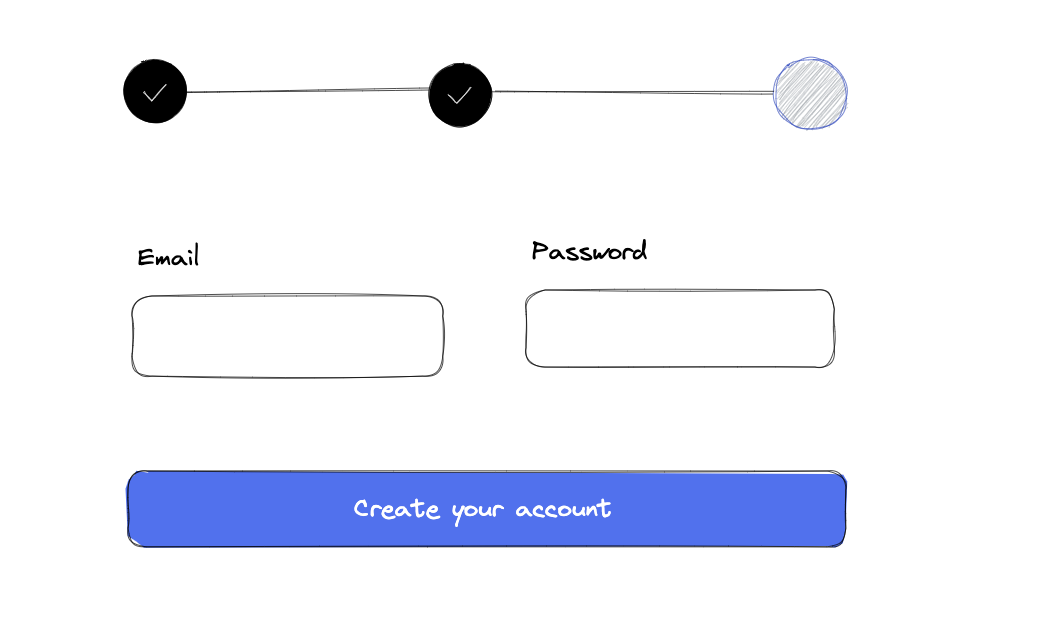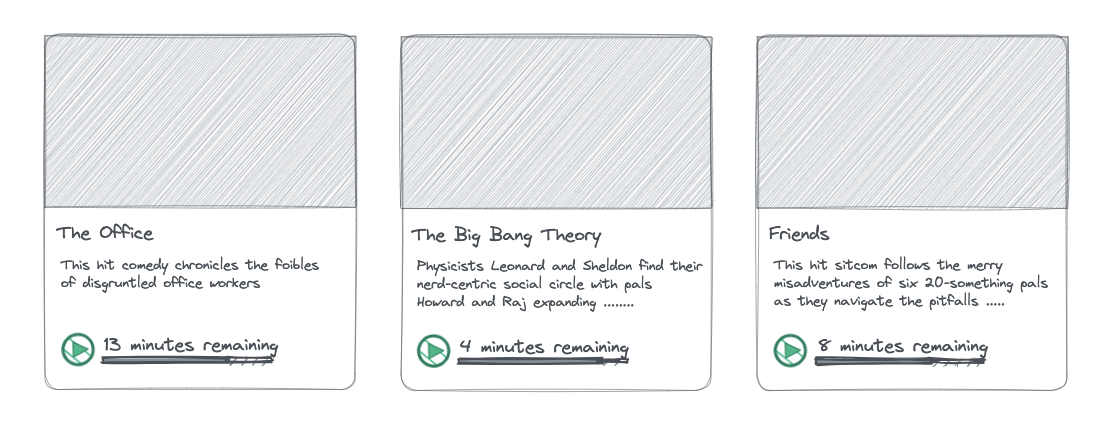Zeigarnik Effect - Laws of UX
Last updated: Feb 10, 2023
Zeigarnik Effect is a study by Bluma Zeigarnik which talks about how people remember interrupted tasks more than the completed or uninterrupted tasks. The study was done in various stages on about ~1000 participants.
The experiment goes on like this.
- Each of the participants were given a number of tasks.
- Some of them were interrupted in the middle of a task and were asked to move on to next.
- Sometimes, the participants were allowed to finish the tasks.
After the tasks were attended after a given time, participants were asked to recall the tasks they did. Partipants were able to re-collect about the interrupted tasks more than the completed tasks.
You can read the complete study here

Why would that be?
Why would you remember an interrupted task more than the completed one? The explanation put forward by Zeigarnik Effect is, if a task is not completed, a state of tenstion is created and the quasi-need is instilled. Recall serves a sign indicating the existence of such tension, and system remains under tension. Great recall comes when the task is almost completed and interrupted.
Strings attached
Its not like you remember all of the interrupted tasks. You might not remember the interrupted task if you do not enjoy the task you are doing. The effect is valid if the user is disappointed or feels incomplete with the incompleted task.
How would Zeigarnik Effect apply in software product design
- If your user is supposed to fill a long form, try to break them down to steps and make that an incremental approach for the user.
- Provide some visual incentives to users for completed tasks, and motivate them to complete the rest.
- Help them to restart right where they left off.
- Make the entire product experience more pleasurable and less like a chore.

